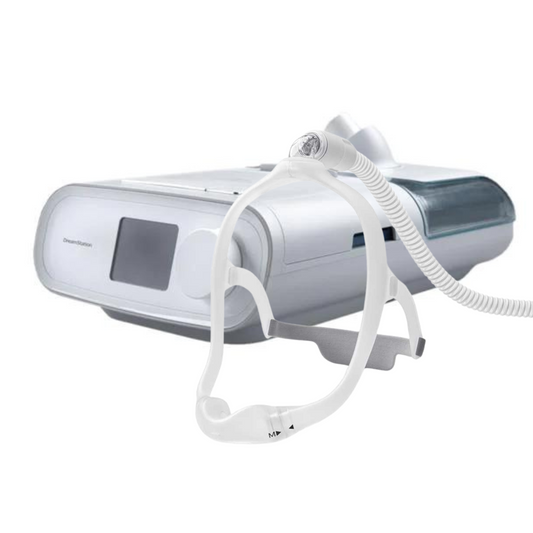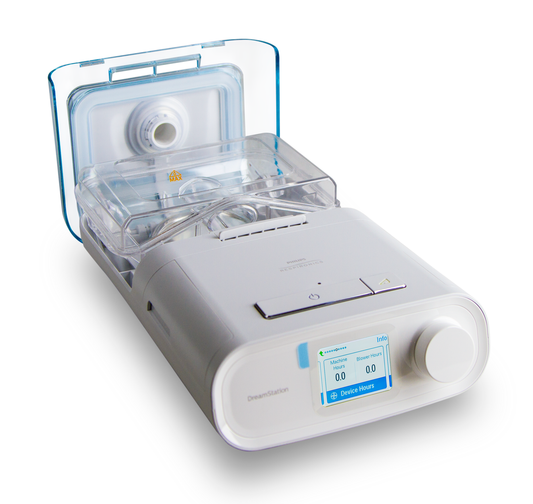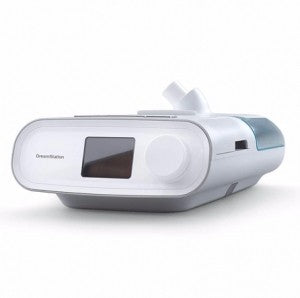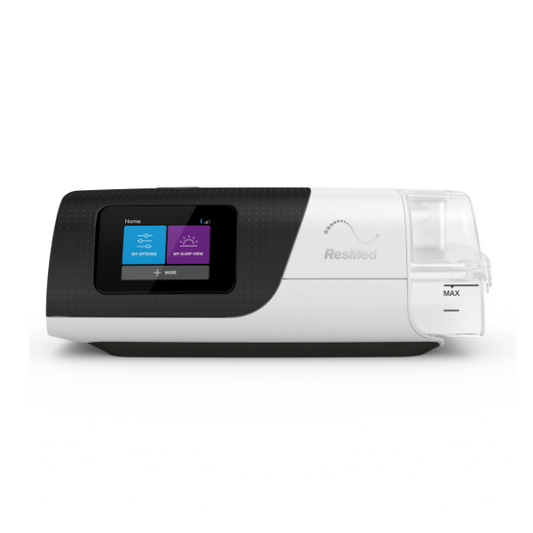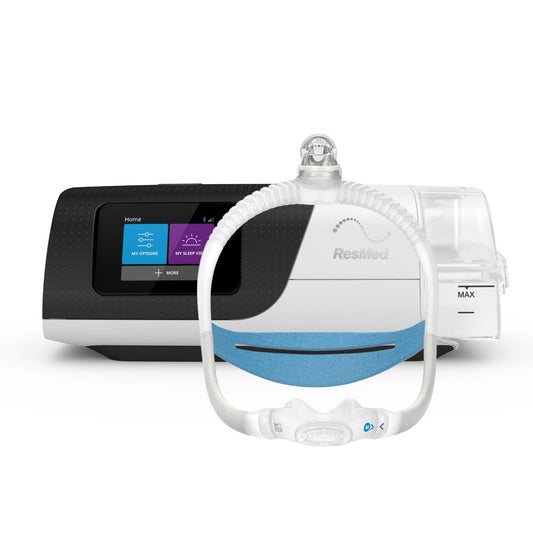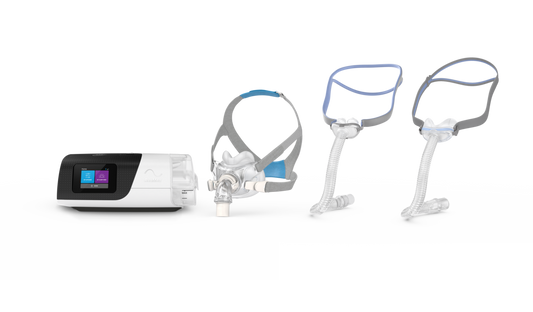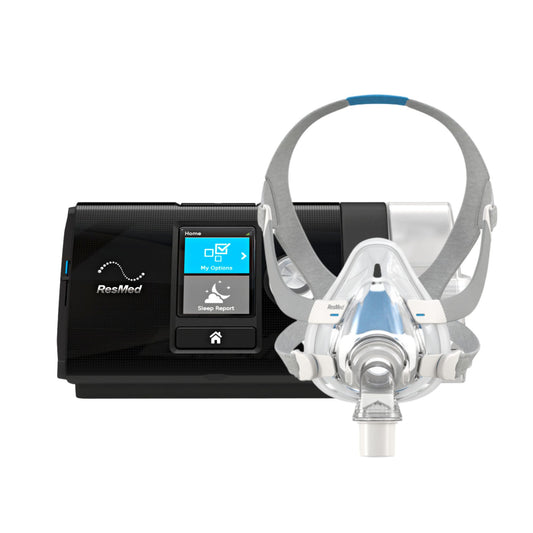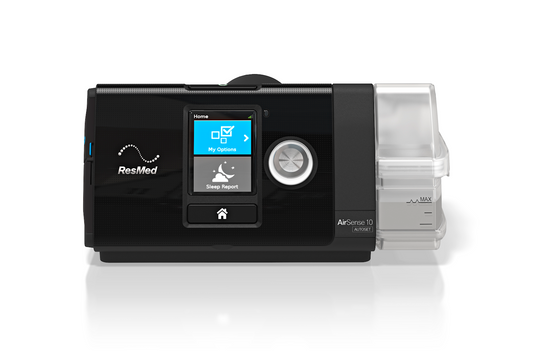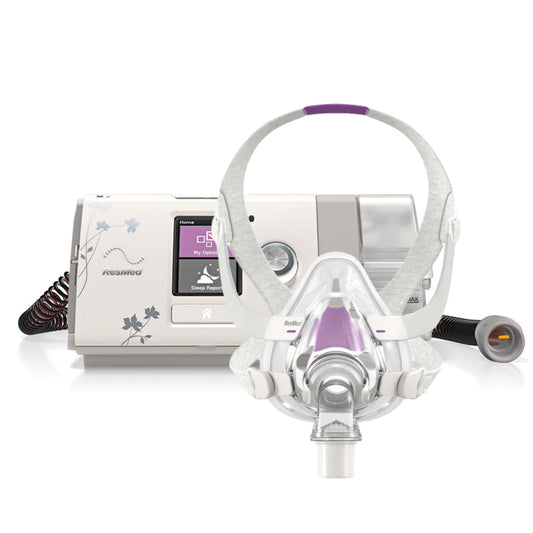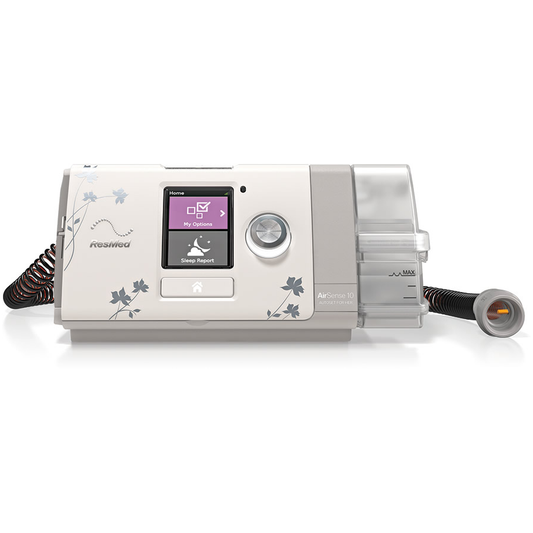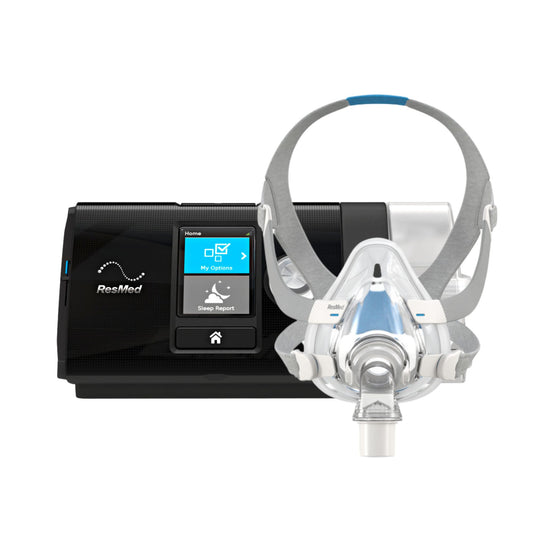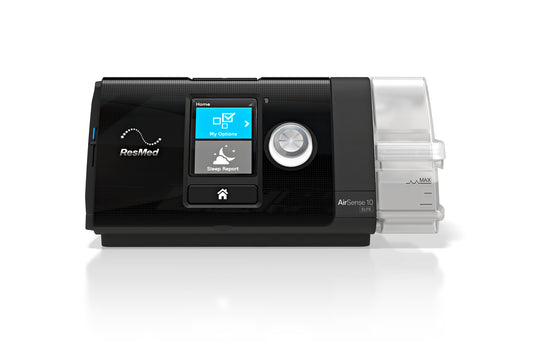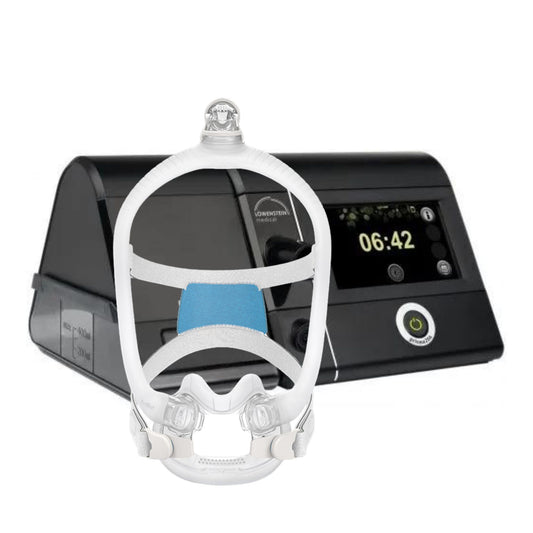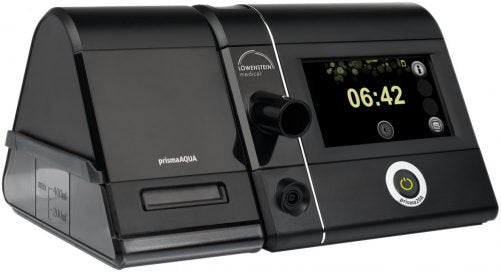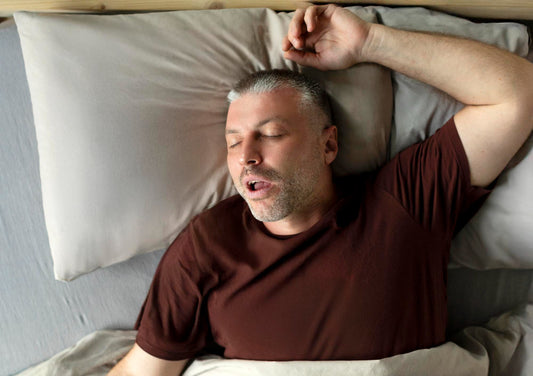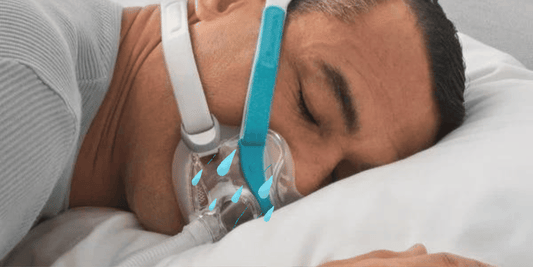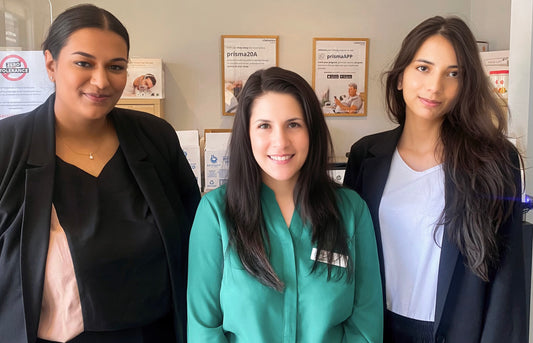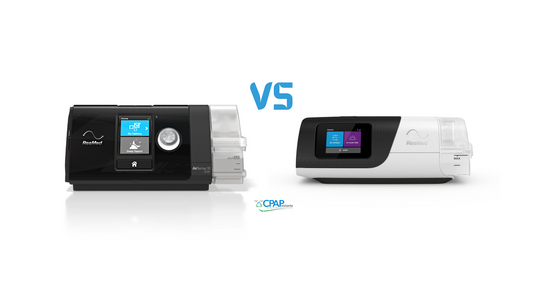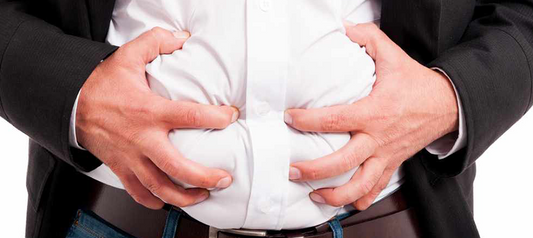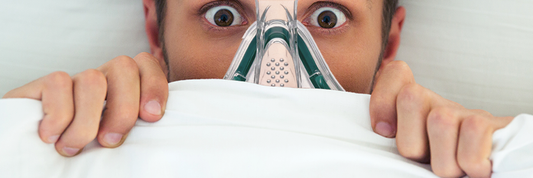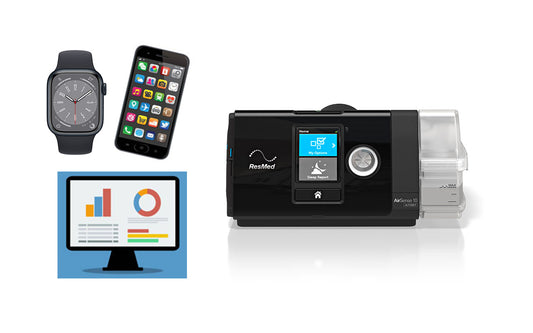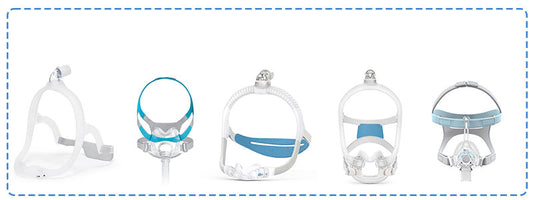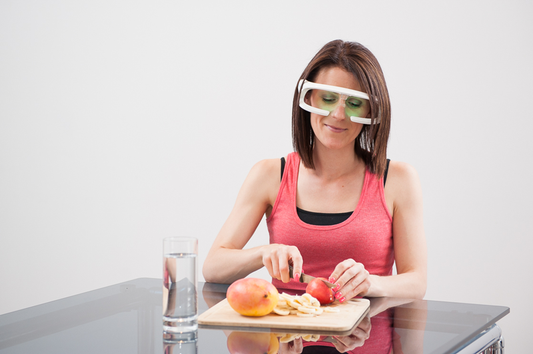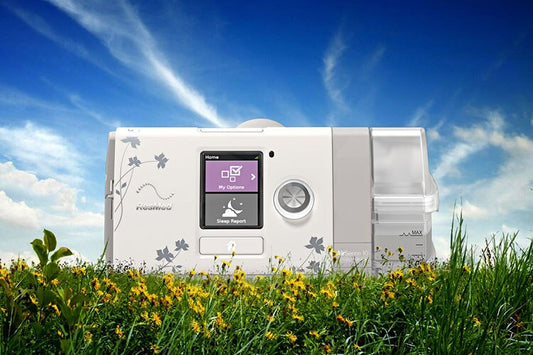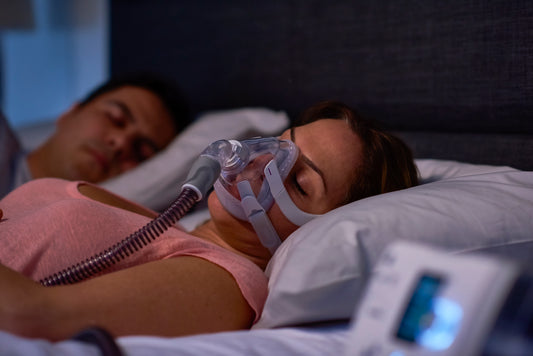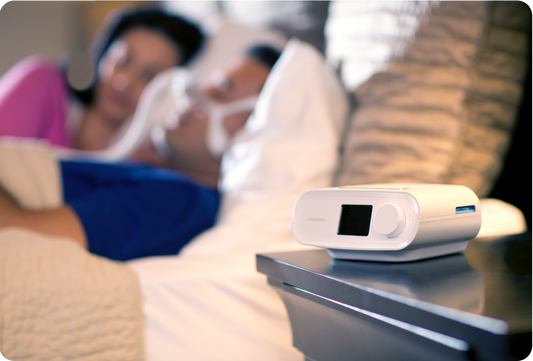When most people think about sleep apnoea, they think about loud snoring, daytime fatigue, or the frustration of waking up multiple times each night. But what often gets overlooked is how sleep apnoea and even the treatment itself can impact your oral health.
At CPAP Victoria, we see many patients surprised to learn that their therapy and their dental health are connected. The good news? With the right approach, you can protect your smile while you improve your sleep.
Dry Mouth and Why It Matters
One of the most common side effects of both untreated sleep apnoea and CPAP therapy is dry mouth. Many people with apnoea naturally breathe through their mouth during sleep. If your CPAP mask doesn’t seal properly or you’re using a nasal mask while still mouth breathing, the airflow can dry out your mouth even further.
Why does this matter? Saliva plays a crucial role in oral health. It washes away bacteria, helps neutralise acids, and keeps the tissues of your mouth hydrated. Without enough saliva, your mouth becomes a friendlier environment for bacteria, which can lead to bad breath, tooth decay, and irritated gums.
The Link Between Sleep Apnoea, Inflammation, and Gum Health
Research has shown that sleep apnoea can increase systemic inflammation throughout the body. This heightened inflammatory response doesn’t just affect your heart and blood vessels — it can also show up in your gums. People with untreated sleep apnoea are more likely to struggle with gingivitis and periodontitis, both of which, if left untreated, can cause long-term damage.
CPAP therapy helps reduce many of these risks by treating the apnoea itself, but if dry mouth is still present, gum irritation may persist. This is why daily oral care is essential for anyone using CPAP.
Tooth Decay and Cavities
Without adequate saliva flow, your teeth are more vulnerable to cavities. The natural acids from food and bacteria aren’t properly neutralised, which makes it easier for enamel to break down. Many CPAP users notice that if they don’t take extra care with their oral hygiene, dental problems can creep up faster than expected.
Mask Fit and Oral Irritation
For some patients, a poorly fitted mask (especially full-face designs) can cause minor pressure on the gums, jaw, or teeth. This usually isn’t a long-term issue once the fit is corrected, but it’s a reminder that a proper mask fitting is just as important for comfort as it is for your therapy results.
The Positive Side: CPAP as a Protector
It’s important to remember that while CPAP can cause dry mouth for some users, it also significantly reduces the health risks that come with untreated sleep apnoea. By reducing snoring, preventing pauses in breathing, and often decreasing the tendency to mouth-breathe, CPAP can actually lower the strain on your mouth and gums over time.
The key is to combine your therapy with good oral care.

Why Oral Care Tools Make a Difference
This is where something like a Philips Sonicare toothbrush becomes a game-changer. Compared with manual brushing, Sonicare technology removes more plaque, helps clean hard-to-reach areas, and is gentle on sensitive gums. For CPAP users dealing with dry mouth or increased bacteria, this level of cleaning can be the difference between healthy gums and ongoing irritation.
That’s why in our September and October 2025 promotion, every Philips DreamStation comes with a free CPAP mask of your choice and a free Philips Sonicare toothbrush (RRP $129). It’s a package designed not just to help you breathe better at night, but also to protect your smile.
The Takeaway
CPAP therapy is the gold standard for treating sleep apnoea, and its benefits extend well beyond better rest. But like any therapy, it comes with side effects — and oral health is one of the areas you can’t afford to ignore. By staying proactive with your dental care and using the right tools, you’ll be protecting both your sleep and your smile for the long term.
